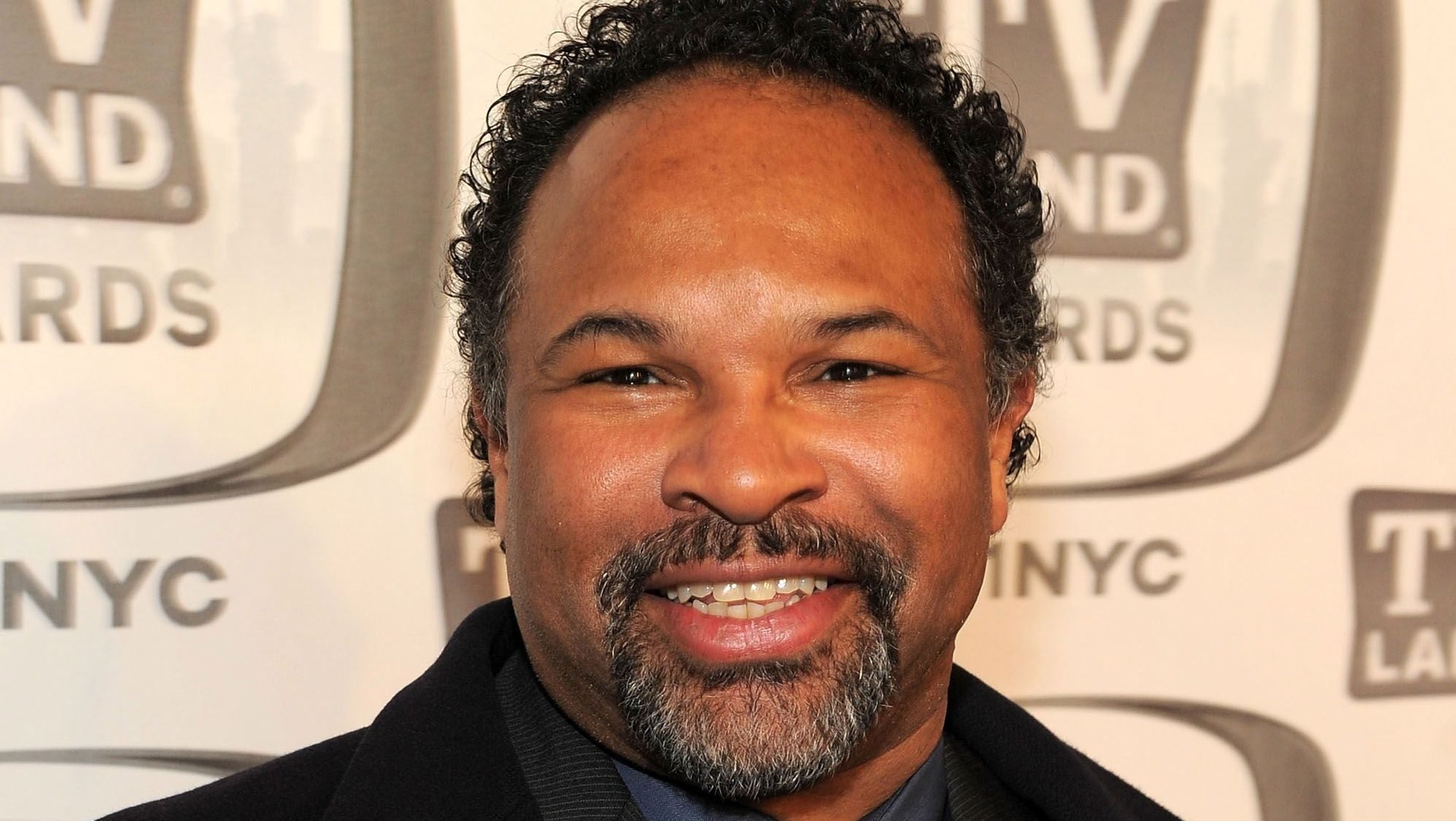An actor’s response to being job-shamed contains a lesson for even well-meaning Americans
An unexpected story about jobs and the value of work took hold of the public conversation this Labor Day weekend when, late on Friday night, a British tabloid published a photo of former Cosby Show actor Geoffrey Owens working as a cashier at a Trader Joe’s grocery store in New Jersey.


An unexpected story about jobs and the value of work took hold of the public conversation this Labor Day weekend when, late on Friday night, a British tabloid published a photo of former Cosby Show actor Geoffrey Owens working as a cashier at a Trader Joe’s grocery store in New Jersey.
That tabloid, the Daily Mail, was under the impression it had scored a celebrity-shaming piece, as did Fox News when it picked up the story. But the media outlets themselves became the target of public scorn instead, as Twitter and other social media sites were flooded with messages of support for the still-working actor. It was a bipartisan display of pride in American values.
Owen himself did not join the fray until this morning (September 4), when he appeared on Good Morning America. The actor, who played Elvin Tibideaux, a doctor and son-in-law to Bill Cosby’s lead character Cliff Huxtable on The Cosby Show, in the mid-to-late eighties, told viewers that the messages he received from around the world quickly snuffed out any sense of shame or humiliation he experienced when he woke up and discovered the photos and news stories.
In the interview, he explained how recent years spent acting, directing, and teaching, just wasn’t “adding up” to produce the income he needed for his family. He also told host Robin Roberts:
“There is no job that’s better than another job. It might pay better, it might have better benefits, it might look better on a resume and on paper. But actually, it’s not better. Every job is worthwhile and valuable…”
It was the perfect response, a lesson we would have expected to learn on The Cosby Show itself (before Bill Cosby’s sexual assault convictions forever tainted its legacy).
What makes his statement so enlightened was its ardent defense of all work. Ironically, many of the Tweets coming to his rescue had a very different message. One pattern, in which now-successful people list the jobs they held before they “made it,” felt particularly troubling.
Although such tweets seem well-meaning, like inspirational before-and-after weight loss photos, they unintentionally reinforce prejudices against service jobs or manual labor, the work one apparently does on the way to something else. In the American imagination, jobs exist within a hierarchy: Acting is considered superior to welding, or banking is more honorable than bussing tables, etc. The goal is always to level up.
Job snobbery is so deeply entrenched in the national mindset, and arguably in that of most developed economies, that it goes unnoticed when embedded in positive affirmations, like those acknowledging that no matter how talented you are or how hard you work, you may still find yourself working day jobs.
Listen carefully when people talk about work or higher education, and you’ll notice that it’s considered perfectly legitimate to use “janitor” or “truck driver” as shorthand for a crappy job a person wants to avoid, or one a middle class individual would could not accept in a potential spouse, for instance.
This foundational classism has made valuable programs like European-style apprenticeships irrationally unpopular in the US, while contributing to income inequality. We’re ready to accept economic hardship, and the erosion of protective forces, like unions, for people whose jobs are not valued. More importantly, it allows one group to see another as a lesser than.
Owens is right: There is no job that’s better than another job. Now we all need to start believing it.